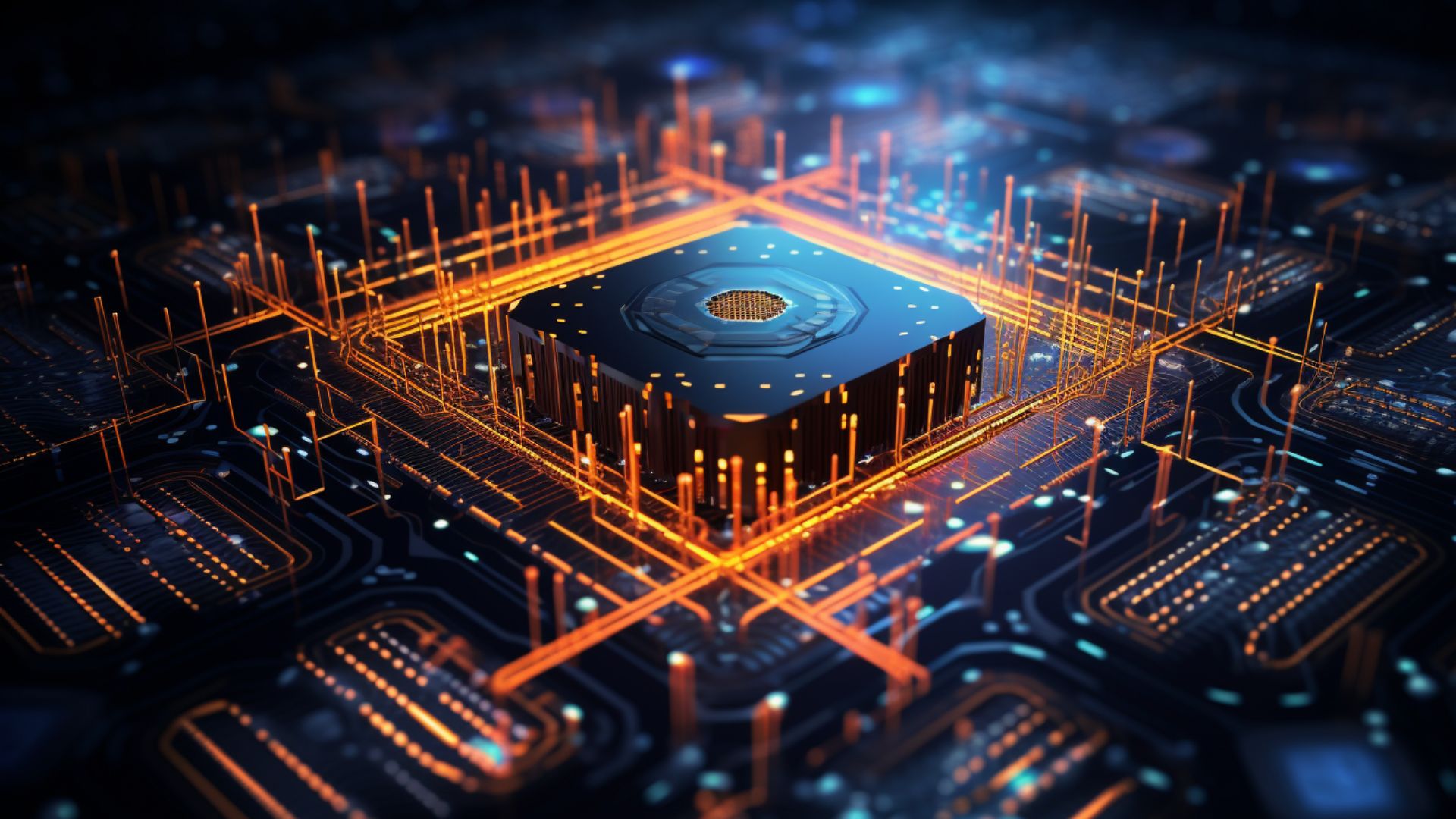AI Maps the Way to Early Disease Detection
Imagine AI in healthcare acting as a medical cartographer, creating visual “treasure maps” to guide doctors to hidden disease clues in scans. This cutting-edge tech holds immense potential to revolutionize early disease detection and improve patient outcomes.
Finding the Hidden Needle
Early disease detection is crucial. Doctors rely on scans like X-rays, MRIs, and mammograms, but interpreting them can be challenging, especially for subtle early-stage signs. Here’s why:
- Human Error: Radiologists, despite expertise, can miss subtle anomalies.
- Workload Burden: High scan volume can lead to fatigue and missed details.
- Subjectivity: Interpretation can involve subjectivity, leading to inconsistencies.
AI in Healthcare: Unlocking Medical Image Power
AI algorithms are trained to analyze vast amounts of medical image data. They learn to identify patterns and subtle anomalies that might escape the human eye. This has the potential to significantly improve early disease detection:
- Enhanced Accuracy: AI analyzes scans with greater precision, potentially detecting subtle disease signs missed by humans.
- Reduced Bias: AI analysis is objective, removing human subjectivity’s influence.
- Increased Efficiency: AI analyzes scans much faster, allowing doctors to focus on complex cases.
Beyond Anomaly Detection:
Researchers are developing AI that goes beyond simply flagging anomalies. They’re creating visual “treasure maps” that highlight specific areas of concern within a scan. These maps function as visual aids, guiding doctors to the exact location of potential disease indicators. This can:
- Improve Doctor Confidence: Pinpointing areas of concern increases doctor confidence in diagnoses.
- Enhanced Communication: Visualizations improve communication between radiologists and physicians.
- Patient Education: Visualizations might even be used to explain diagnoses to patients in a clear way.
AI in Healthcare: Beyond Early Detection
While AI for early disease detection is a significant leap, the potential applications extend far beyond:
- Personalized Medicine: AI analyzes patient data and medical history to predict disease risk and personalize treatment plans.
- Improved Treatment Selection: AI analyzes clinical data to identify the most effective treatment options for specific patients.
- Drug Discovery and Development: AI accelerates drug discovery by analyzing complex biological data and identifying potential drug targets.
The Road Ahead: Ethical Considerations and Collaboration
The integration of AI into healthcare is an exciting development with immense potential. However, ethical considerations around data privacy, bias in algorithms, and the potential for over-reliance on AI must be addressed. Collaboration between AI developers, medical professionals, and ethicists is crucial to ensure responsible development and implementation of this powerful technology.
A Brighter Future for Healthcare with AI Treasure Maps
The future of healthcare is brimming with possibilities thanks to advancements in AI. AI’s ability to analyze medical images with exceptional detail and create visual “treasure maps” can revolutionize early disease detection, leading to improved patient outcomes and potentially saving countless lives. As this technology continues to evolve, we can expect even more groundbreaking applications that transform the way we diagnose, treat, and prevent diseases.






